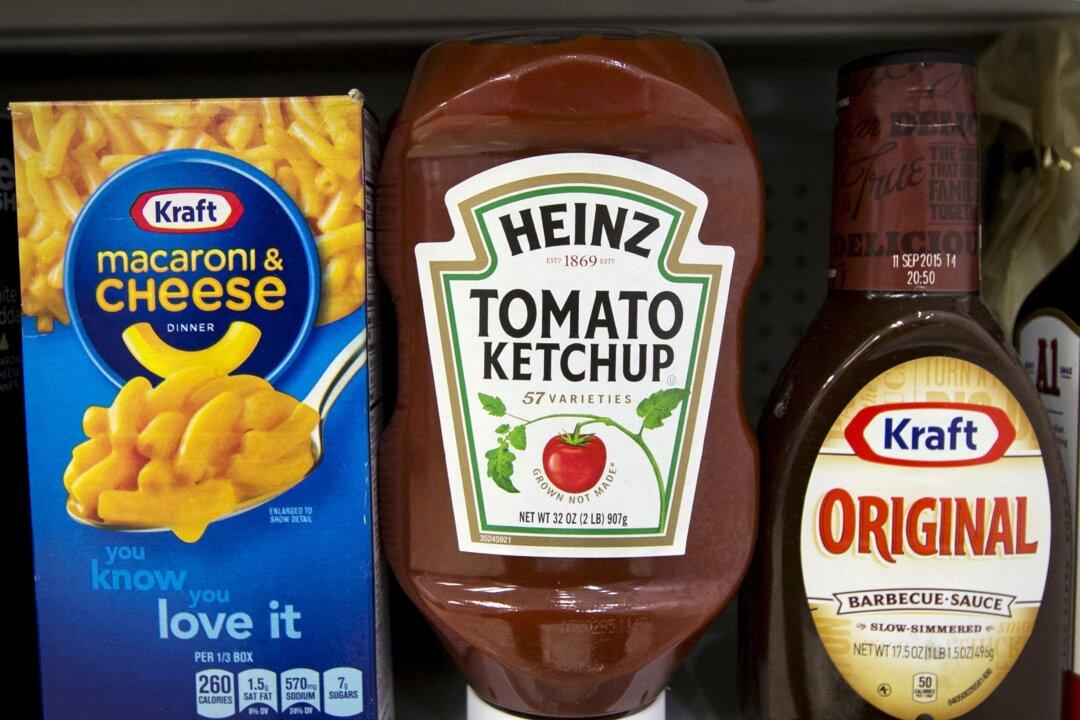Pennsylvania-based Kraft Heinz company announced Wednesday that effective immediately, it has increased prices in about two-thirds of its U.S. portfolio and is prepared to take additional actions if the cost of manufacturing its products continues to rise.
“We are implementing necessary pricing actions to manage the cost inflation we are currently seeing, including impacts likely to carry into next year,” Global Chief Financial Officer Paulo Basilio said in a prepared statement. “For 2022, we expect to sustain stronger consumption versus pre-pandemic levels and maintain industry-leading margins as we effectively manage costs and continue to invest in our growth strategy.”





